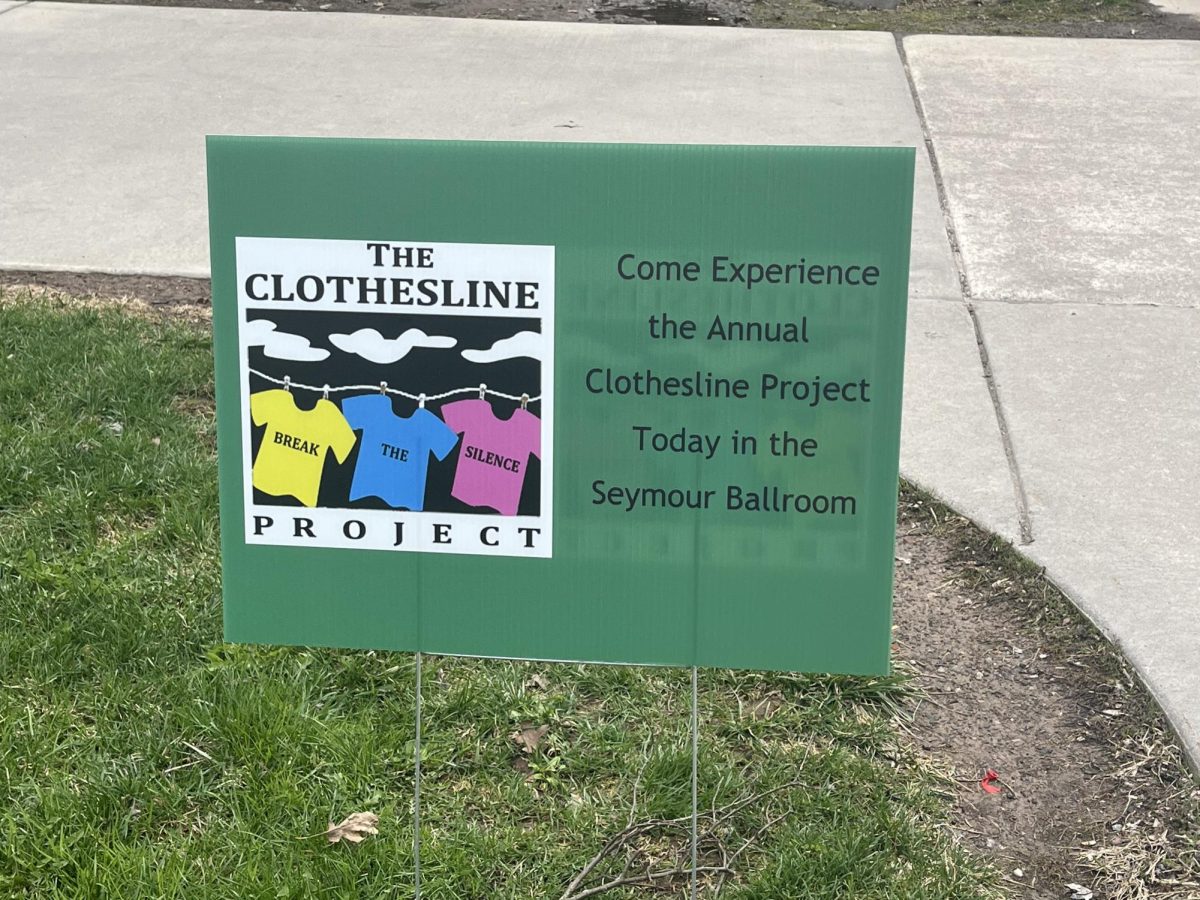Getting calls from an unknown number or emails you don’t recognize? It might be a scam.
In the past month, the New York State Police (NYSP) and Bureau of Criminal Investigation have noticed a recent increase in high-volume scams across New York.
The NYSP warns the public of typical patterns shown in scams. Recently, a more prevalent scheme involves scammers impersonating law enforcement, pressuring their victims into immediately sending money or personal information before contacting others. Although these calls may seem legitimate, police will not contact family for bail money, money to fix social security numbers or bank accounts or ask account information as part of an investigation.
SUNY Brockport IT security analyst James Onley has dealt with several scams circulating campus before.
“At SUNY Brockport we get several scams targeting students via email. The scams usually involve a phony job offer, an offer to get grant money or an impersonation of messages from the Department of Education and the SUNY Brockport campus,” Onley said.
Scammers use students’ naivety to their advantage by targeting their identities and personal information.
“Students are valuable targets for identity theft,” Onley said. “Scammers can use student identities to submit fraudulent loan and grant applications or to open lines of credit in their name. Phishers in particular collect user information to enhance attacks either against the student themselves or against people they know.”
According to Onley, a common motive among scammers is obtaining money anonymously, typically with gift cards or bitcoin.
The NYSP advises against sending cash through the mail in special packaging, purchasing or sending Bitcoin or Crypto Currency through a link or QR code and purchasing gift cards from popular retailers for an unrecognizable number.
Anyone can fall victim to a scam, especially students going through a tough financial situation.
“The best way for students to protect themselves is to question the messages they receive,” Onley said. “A job offer that is too good to be true might not be legit. An offer for grant money might not be coming from a legitimate source. An unexpected request for money especially with a gift card or through bitcoin should raise red flags.”
Popular scams for students to look out for include:
- Financial Aid: Students may be contacted by phone or email for seemingly legitimate financial aid opportunities, such as grants or scholarships. If any personal information has to be given upfront or “fees” through a wire transfer or gift cards, it’s likely a scam.
- Outstanding Balance: Students may be contacted from an unknown number or email address regarding their outstanding tuition balance. Contact their school’s financial aid office first to verify this before providing any personal information or sending money.
- Job Offers: Students may receive an email from an unknown address for a job posting, promising quick and easy money. A newer scam to trick students into sending them money is through checks. In this instance, a scammer will send a check to the student to buy products for their “company” online, and by the time the check is deposited into the student’s bank account, the check bounces.
Federal Student Aid (FSA) advises students against giving in to pressure tactics like “Buy now or miss this opportunity,” as well as never giving up card or bank information to someone you don’t know.
As college students transition into adulthood, maintaining cyber awareness can help protect themselves, as well as their friends and family, from becoming a victim.























